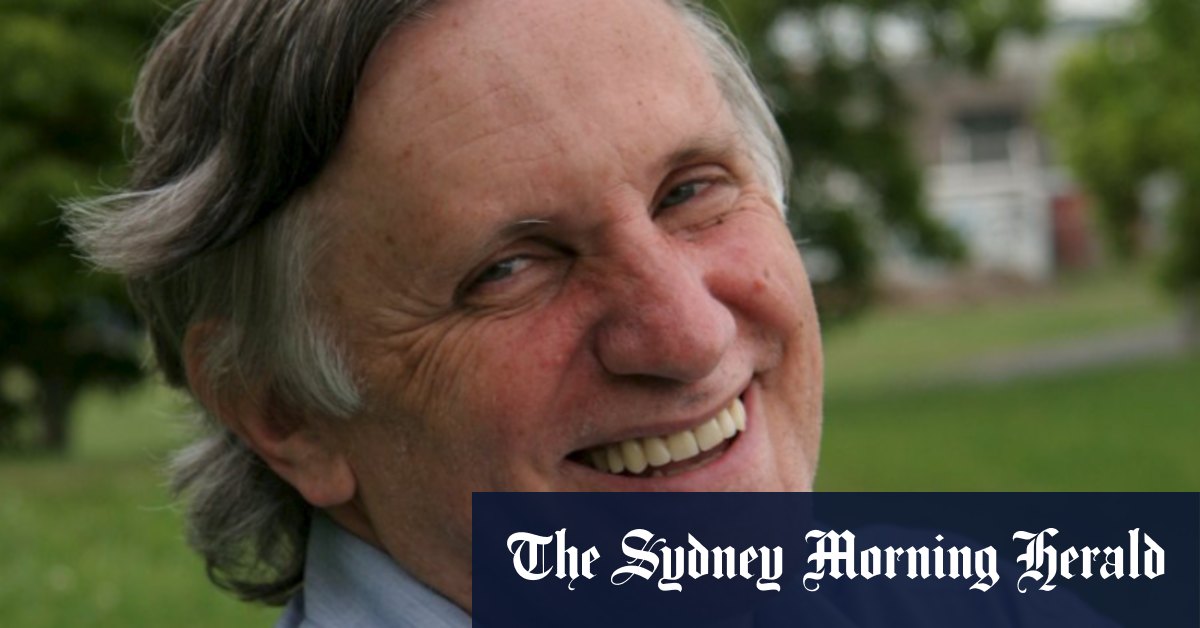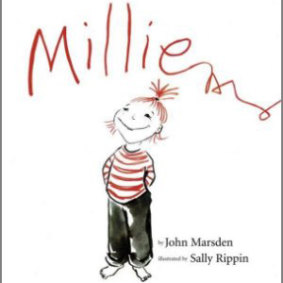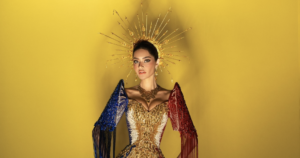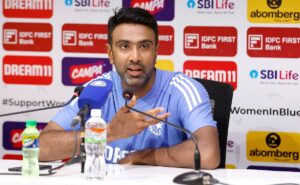
When I was a teenager, I remember trying to explain to my baffled father why it was that I wanted to be a writer, despite the precarious future he envisaged for me. “I just feel like I want to make a difference,” I had explained, hearing how naïve and earnest I may have sounded to his sensible engineer’s brain.
“I want to feel like when I am gone, I have made the world a better place somehow, and that even if only one reader feels better about themselves thanks to something I have written, then I will have lived a life well lived.”
John Marsden died this week. As a writer, educator, activist and thinker, his was a life well lived. His death has touched many, and my social media feed is flooded with tributes to him. Almost everyone I know has a story to tell about the impact he has had on our lives. Many of us were students of his, in one way or another, either from attending Geelong College in the 1980s, or having attended writing workshops, which he ran for adults and children all around the world and even to inmates in prisons.
Many more of us were impacted by his writing. For a brief period when John and I were regularly in touch while I was working on the illustrations for his picture book Millie, he would tell me about all the letters he would receive from young people around the world. Many were struggling and would write deeply personal letters to him after reading his books, feeling like he was the only adult they had come across who truly understood their experience of being a teenager. He was profoundly moved by these letters and felt a deep responsibility towards his young writers, often corresponding with them for years and keeping all their letters in filing cabinets his whole lifetime.
John spoke openly about his mental health challenges as a young person, which I expect had always made it easy for him to relate to other young people experiencing the same. His own childhood had been difficult. Despite being an intelligent student, school was not a positive experience for him. As a teenager, he found himself “determined not to accept the authoritarian mindless rules and regulations imposed upon him”, which meant he was often lectured or caned, and he once said in an interview that “a world without adults felt very attractive to him”.

John Marsden and Sally Rippin worked together on Millie.
Much of John’s writing for young people reflects this. Like many children’s authors, John often created parentless worlds where young people are left to fend for themselves and as a result, are given the opportunity to overcome challenges and discover unknown strengths without the interference of adults – well-meaning or otherwise. Many of his books have young people pitted against true adversity: the Tomorrow series being the most notable, and his young protagonists are brave and rebellious, independent thinkers, capable of heroic and heinous acts, as well as deep kindnesses.
In everything he wrote, John had a huge compassion and respect for young people, even if this meant circumventing social norms to write for them with genuine authenticity. He wasn’t afraid to write into dark places and explore the underside of what it means to be human, and for this he attracted criticism along with generations of young readers who felt seen and understood. No one who read his work was unaffected. He was an unapologetically vocal and progressive thinker, who also wrote books for adults that challenged the ways we might parent or educate our children, and for this he was also occasionally lambasted. Yet I don’t know of any other writer as deeply interested and invested in childhood and education as John.
One of John’s heroes, Alice Miller, was a Swiss-Polish psychoanalyst and the author of The Drama of the Gifted Child. Miller explores the link between childhood abuse and societal violence, claiming that “beating and humiliating not only produces unhappy and confused children and destructive teenagers, but also a confused, irrationally functioning society”. In reaction to his own damaging school experience, John founded two schools of his own. Both Alice Miller Secondary School and Candlebark Primary focus on allowing children to grow and learn in a respectful and supportive environment while challenging them “to engage with the world in a brave and open way”.



